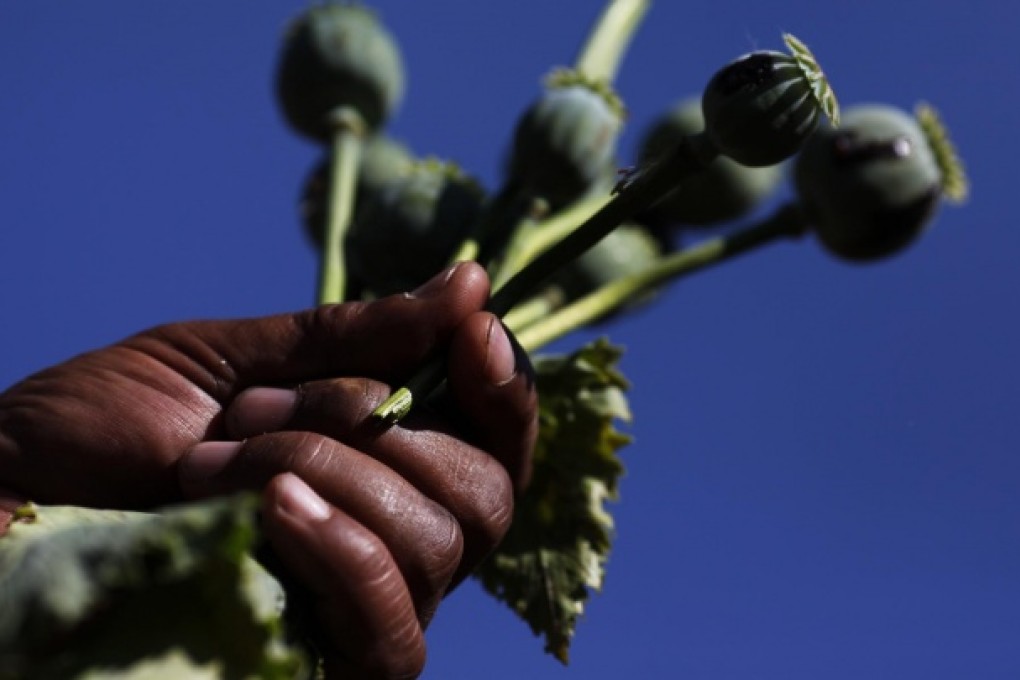Myanmar delays 'drugs-free' target by 5 years
Myanmar has extended by five years its deadline to eliminate drug production within its borders, a senior official said yesterday, as the nation struggles to stem a growing narcotics crisis.

Myanmar has extended by five years its deadline to eliminate drug production within its borders, a senior official said yesterday, as the nation struggles to stem a growing narcotics crisis.
Authorities are "very concerned" about a rebound in poppy cultivation over the last six years in Myanmar, the world's second-largest opium producer, while amphetamine-type stimulants (ATS) are also surging, said deputy police chief Zaw Win.
Due to "threats posed by ATS" and to achieve a reduction in poppy cultivation, Myanmar's narcotic control board has "extended its drug elimination to 2019", he said at the opening of six-nation talks in Yangon. The previous target was 2014.
He added that Myanmar's authorities were "doing our best" to help stem the flow of drugs in the region.
Officials from China, Laos, Thailand, Cambodia and Vietnam have gathered in Myanmar for days of talks on a worsening drugs crisis, which the United Nations has warned poses a threat to public security.
A minister-level meeting in the capital Naypyidaw on Thursday is expected to produce a regional declaration on the issue.